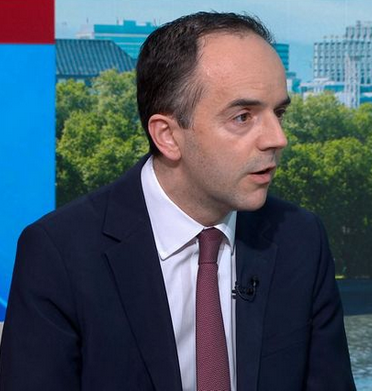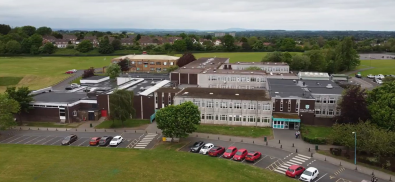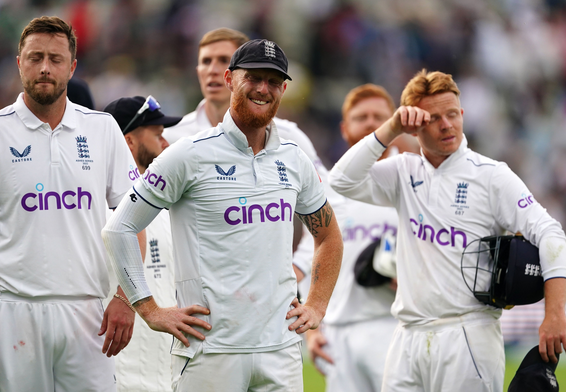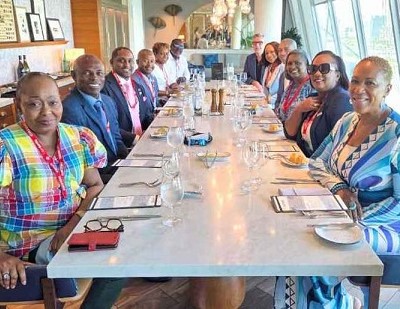More than 12,000 people have given researchers a greater insight into dementia by playing brain games on their smartphone. Participants, including nearly 1,000 from the West Midlands, complete memory and thinking-based tasks using a smartphone app for just five minutes a day over a month.
Data from their interactions with the app is captured by researchers, helping them understand more about how healthy brains work.
And it is hoped this will eventually enable health professionals to spot the early warning signs of dementia, resulting in improved diagnosis rates.
GameChanger, which was launched last September, is a research project led by the University of Oxford and supported by Alzheimer’s Society.
The app, designed for people who do not have dementia, features a series of games that test specific aspects of memory and thinking that are affected in the early stages of Alzheimer’s disease.
Dr Chris Hinds, from University of Oxford’s Big Data Institute, said: “People using the app are just playing games but their phones are doing much more – collecting data that we can use to learn about the brain, and to help us understand what is a natural part of ageing and what is a warning sign.”
Among those who have taken part in the study is Lewis and Inspector Morse star Kevin Whately, who appears in an Alzheimer’s Society video to promote the research project.
In it, he says: “Thank you to all those who have united with Alzheimer’s Society and supported GameChanger.
We’ve taken a big step forward already but we still need thousands more people across the UK to be GameChangers for dementia research.
There’s still plenty of time to take part and encourage your friends, family and colleagues to get involved.”
Head of Research at Alzheimer’s Society, Dr James Pickett, said: ‘Dementia begins with tiny changes to memory and thinking that can be difficult to detect with current tests.
Our brains also change naturally with age so determining which are healthy changes and which are the very early signs of dementia can make an early and accurate diagnosis difficult.
That’s why Alzheimer’s Society alongside the University of Oxford launched GameChanger to help us detect dementia earlier. We’re asking people across the UK to download an app and play for just five minutes a day to help us understand these changes to memory and thinking.
Thousands of people aged 18 to 90, from cities and countryside, with and without a personal connection to dementia, have already become GameChangers, but we’re calling for more people to join us today.
Using smartphone technology means now, for a fraction of the time and cost, thousands of people can take part in dementia research by donating just five minutes of their day.
















